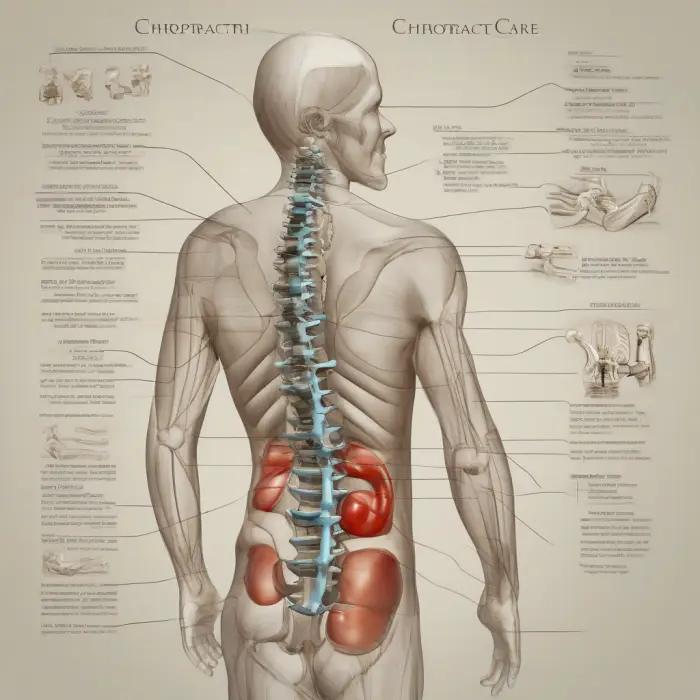The Impact of Positive Relationships on Mental and Emotional Health
The role of positive relationships in enhancing mental and emotional health is often understated. The connection between how we interact with others around us and our mental wellbeing is more profound than most people realize. This relationship exists such that the quality of our relationships significantly affects our psychological health.
Positive Relationships: A Buffer against Stress
Positive relationships serve as a buffer against stress. When we experience stress, be it from work, personal matters, or life changes, it can take a toll on our mental health. However, it's crucial to highlight that maintaining a positive relationship within our social circles can provide the much-needed emotional support. This support serves as a shield, effectively reducing the impact of stress on our mental health, as confirming studies have shown.
Creating a Sense of Belonging
At our core, humans are social beings with an inherent need to belong and be accepted. Positive relationships fulfill this need. Feeling loved, cherished, and accepted in a relationship infuses a sense of belonging in individuals. This feeling often results in improved self-esteem, self-confidence, and overall happiness, promoting positive emotional health.
Promoting Mutual Growth
Positive relationships provide an environment conducive for personal growth. This growth often translates to improved mental health. It becomes even more vital when the relationship fuels mutual growth, where each party challenges, supports, and complements each other, promoting personal development and a more positive outlook towards life.
Encouraging Healthy Habits
We often mirror the habits of individuals we share close relationships with. Positive relationships foster the development and maintenance of healthy habits, including regular exercise, a balanced diet, and an active lifestyle. These habits play a crucial role in sustaining our mental and emotional health.
Nurturing Positive Emotions
Positive relationships often nurture positive emotions. They allow for joy, love, contentment, and confidence. These positive emotions have been proven to improve mental health as they aid in combating anxiety and depression while boosting our resilience.
Conclusion
In conclusion, we cannot overstate the role of positive relationships in promoting mental and emotional health. By offering support, promoting growth, strengthening our sense of belonging, and encouraging positive emotions and healthy habits, these relationships enhance our mental wellbeing. Hence, it is crucial to invest in nurturing positive relationships to foster a healthier, happier life for us and those around us.
We should therefore ensure to foster these relationships consciously, making deliberate efforts to keep them positive and mutually beneficial. This way, we ensure not only our mental and emotional wellbeing but also that of the individuals we share these relationships with.










